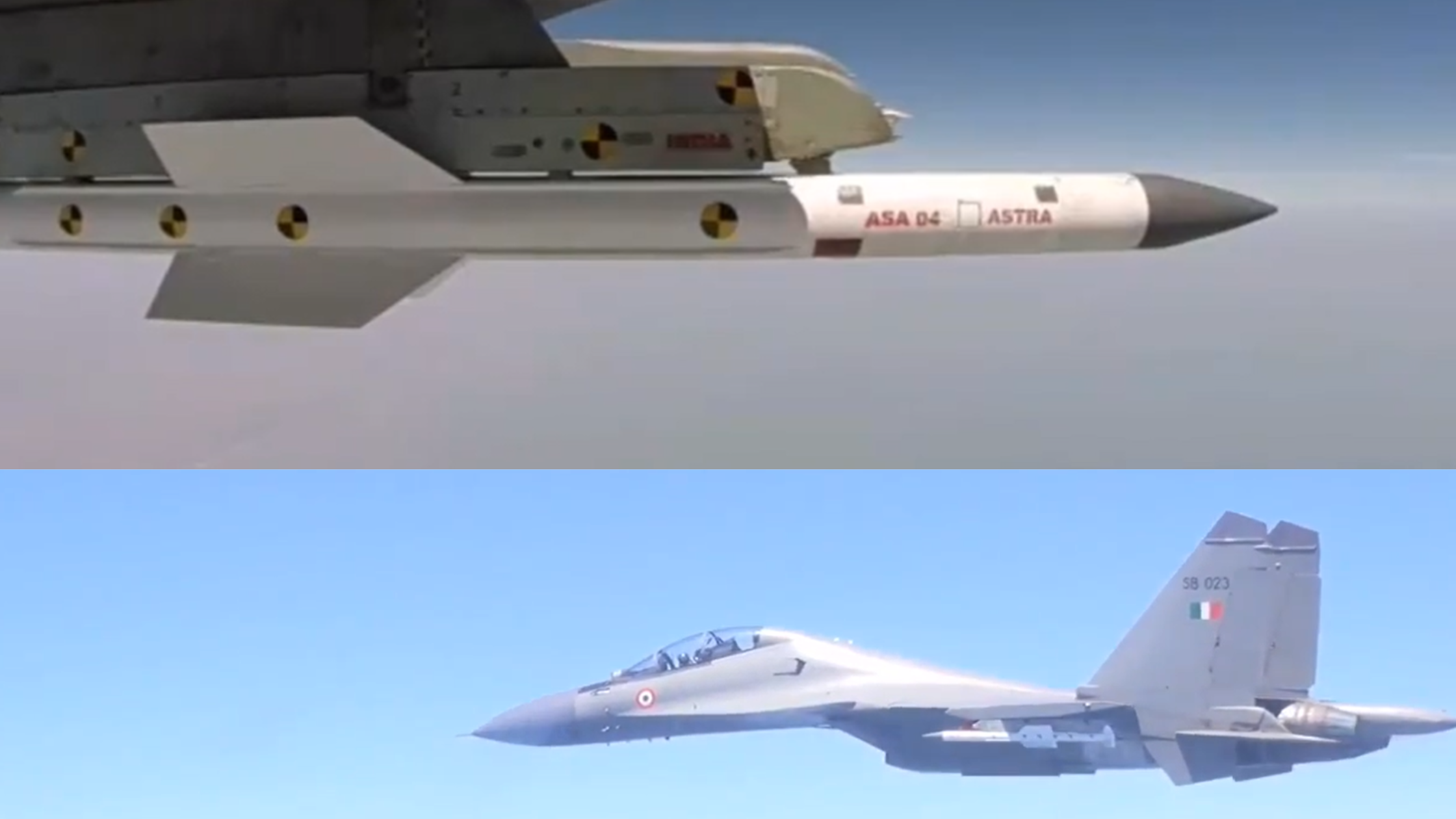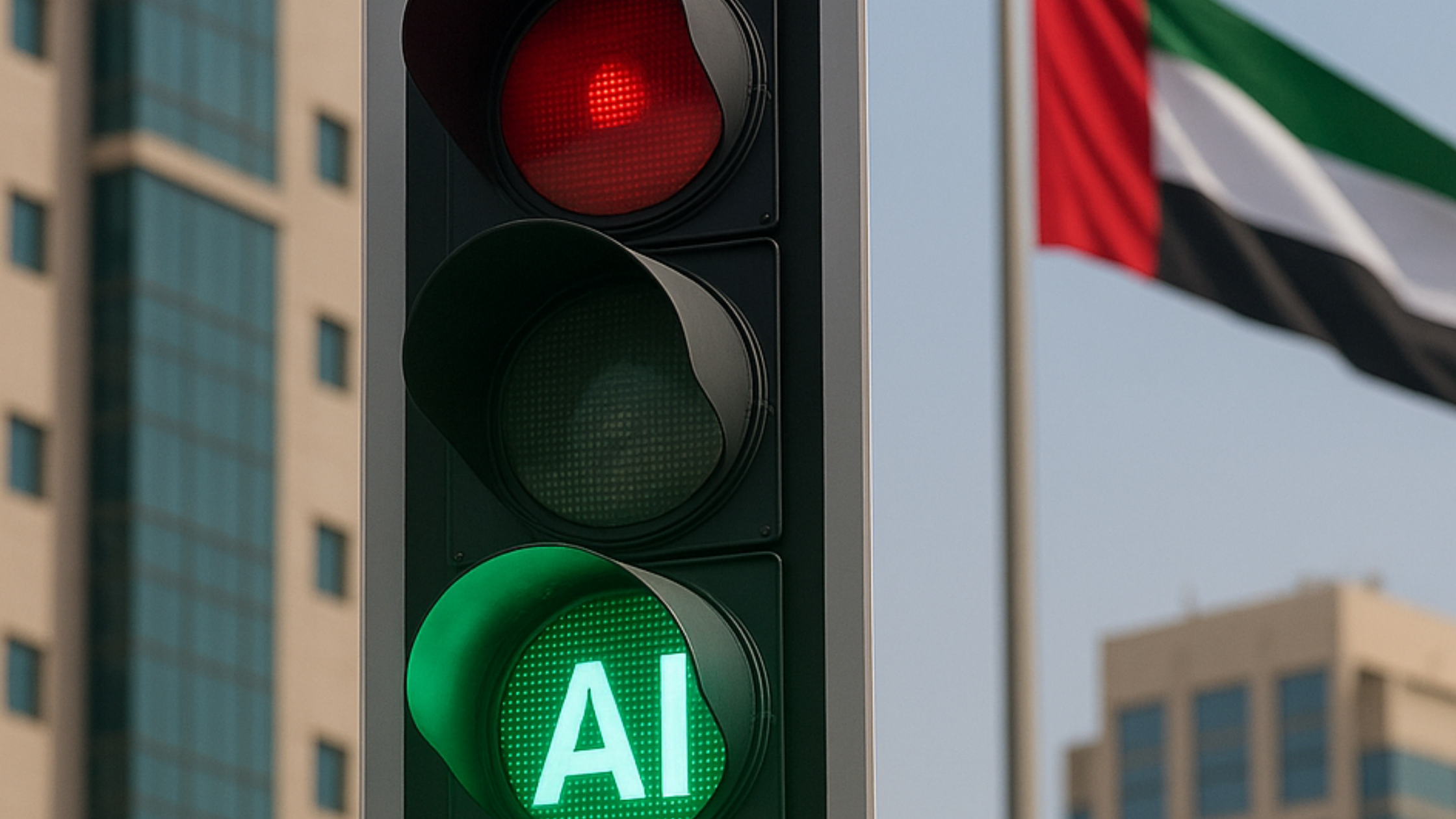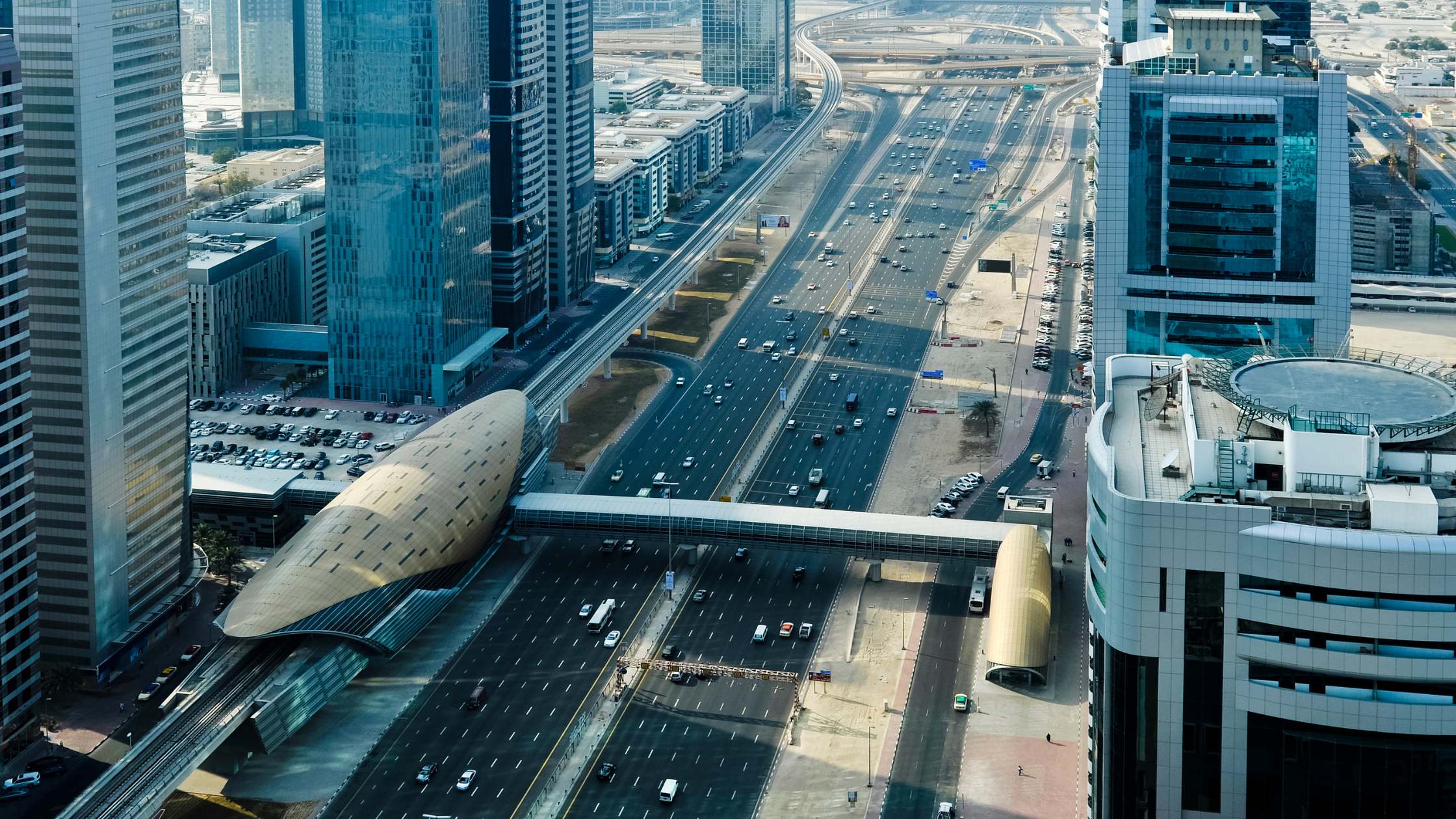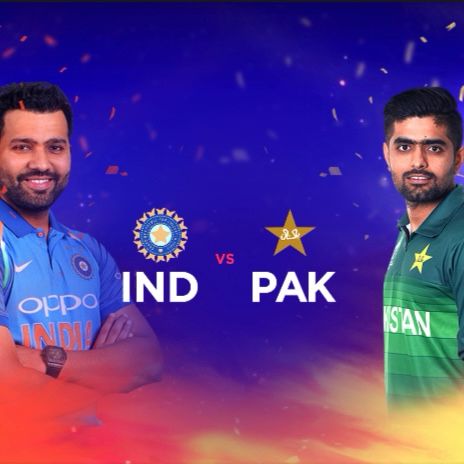Sheikh Hamdan Meets ICC Chairman, Indian Cricketers During India Visit

In a momentous diplomatic and cultural exchange, Sheikh Hamdan bin Mohammed bin Rashid Al Maktoum, the Crown Prince of Dubai, Deputy Prime Minister, and Minister of Defence, embarked on his first official visit to India, reinforcing the robust bilateral relationship between the United Arab Emirates and India. The visit marked a significant chapter not only in political and economic collaboration but also in the ever-growing people-to-people and cultural ties. Among the highlights of this visit was a prominent engagement with the global cricket fraternity, including a meeting with International Cricket Council (ICC) Chairman Jay Shah and top Indian cricketers. These interactions underscored the increasing confluence between sports, diplomacy, and cross-cultural dialogue that continues to shape international relations in the 21st century.
Historic First Visit to India as Crown Prince
Sheikh Hamdan’s trip to India was especially noteworthy as it was his first official visit since assuming the roles of Deputy Prime Minister and Minister of Defence. The visit symbolizes a continuation of the long-standing friendship between the two nations, built on a foundation of mutual respect, economic partnership, and cultural affinity. His itinerary in India included both formal diplomatic meetings and strategic public engagements aimed at strengthening ties beyond traditional boundaries.
India, being one of the UAE’s most significant economic partners, plays a pivotal role in the Gulf nation’s external relations. Over the years, the relationship has evolved into a multifaceted partnership that spans trade, technology, investment, education, and sports. Sheikh Hamdan’s visit adds a personal and symbolic dimension to this bond, emphasizing Dubai’s admiration and respect for India’s dynamic global presence.
Meeting with ICC Chairman Jay Shah in Mumbai
One of the key events during the Dubai Crown Prince’s visit to Mumbai was his meeting with Jay Shah, the Chairman of the International Cricket Council. This engagement was not only ceremonial but held deeper implications for Dubai’s role as an international sporting hub. Dubai has hosted several important ICC tournaments in the past, including matches during the ICC T20 World Cup and IPL seasons relocated due to global health concerns. The meeting between Sheikh Hamdan and Jay Shah offered an opportunity to explore future avenues for cricketing collaboration between India and the UAE.
The discussion between the two dignitaries reportedly revolved around enhancing cricket’s global appeal and strengthening partnerships that would benefit both Indian and Emirati sports communities. As Dubai continues to grow as a destination for major sporting events, including cricket, the ICC’s strategic collaboration with the Emirate could have far-reaching implications for the sport’s future.
Jay Shah, who also serves as the Secretary of the Board of Control for Cricket in India (BCCI), expressed appreciation for Dubai’s unwavering support of global cricket and acknowledged the infrastructural and logistical prowess that has made the city a preferred venue for international cricketing events. The conversation was said to be forward-looking, with both leaders expressing a commitment to expanding cricket’s reach through youth development programs, coaching exchanges, and digital engagement initiatives.
Engaging With Cricket Icons
Rohit Sharma, Hardik Pandya, and Suryakumar Yadav In another widely discussed segment of the visit, Sheikh Hamdan held informal but impactful discussions with some of India’s most celebrated cricket personalities—Rohit Sharma, Hardik Pandya, and Suryakumar Yadav. The meeting, which took place in Mumbai, was a vivid example of sports diplomacy at work. While no formal statements were issued, sources revealed that the discussions centered around the global influence of cricket, opportunities for player engagement across countries, and the shared passion for the sport between the peoples of India and the UAE.
Rohit Sharma, the Indian national team captain, expressed admiration for Dubai’s sports infrastructure and the city’s role in providing a neutral and competitive venue for various high-profile matches. Hardik Pandya and Suryakumar Yadav also reportedly discussed the growing enthusiasm for cricket in the UAE and how such cross-border interactions could inspire a new generation of cricketers in both nations.
Sheikh Hamdan, known for his deep interest in sports and fitness, took a personal interest in the conversation, acknowledging the influence of cricket as a unifying force. The informal gathering was symbolic of the close personal relationships that leaders of the UAE have built with figures in the Indian sports ecosystem, showing that the bond between the two countries is not limited to boardroom discussions.
Dubai’s Emerging Role as a Sports Destination
Over the last decade, Dubai has cemented its position as a global sports capital. From hosting international cricket tournaments to organizing high-profile UFC matches, horse racing events, tennis championships, and golf tournaments, the city is now a go-to destination for international athletes and sports franchises. Sheikh Hamdan’s engagement with cricket officials and players highlights the city’s ongoing investment in enhancing its global sports reputation.
The UAE’s dedication to sport is also evident in its grassroots initiatives. Various cricket academies, inter-school leagues, and community programs have flourished, with participation from expatriates and Emiratis alike. Dubai’s centrality in world cricket is likely to deepen following such high-level discussions, especially as cricket continues to globalize and reach new audiences.
The potential for joint tournaments, cricket academies, and youth engagement programs between India and the UAE is enormous. Given the cultural resonance of cricket in both nations, such initiatives could foster deeper socio-cultural ties while simultaneously developing a new sporting economy in the region.
Strengthening India-UAE Cultural Ties Through Sports
Sheikh Hamdan’s India visit, marked by his engagement with the Indian cricket ecosystem, goes beyond a traditional diplomatic gesture. It is emblematic of the soft power diplomacy that modern nations increasingly rely on to influence global discourse. Sports, particularly cricket, represent a shared cultural treasure between India and the UAE. Millions of Indian expatriates living in the UAE regard cricket as a central aspect of their cultural identity, and events such as this only deepen their emotional and social connection to both their homeland and host country.
India and the UAE have already engaged in numerous cultural exchanges over the years, from Bollywood film festivals in Dubai to joint art exhibitions and culinary fairs. Cricket, however, holds a unique place in the public consciousness of both countries. By focusing part of his official tour on this universally loved sport, Sheikh Hamdan signaled a new era of cultural diplomacy where sports play a central role in global engagement strategies.
The presence of prominent cricketers alongside ICC’s leadership added an aspirational and youthful dimension to Sheikh Hamdan’s visit. It sends a strong message to the younger population in both countries: that leadership, culture, and sports are deeply interconnected and that youth can be at the forefront of this convergence.
A Vision for Future Collaboration in Sports and Youth Development
The symbolism of the meetings during Sheikh Hamdan’s visit may have immediate resonance, but their implications could be long-lasting. From the perspective of sports development, these discussions open up multiple channels for cooperation. Whether through bilateral youth tournaments, training camps, scholarship programs, or shared media content creation, both nations stand to benefit immensely from increased sports diplomacy.
Given Sheikh Hamdan’s known advocacy for youth development and healthy living, his visit sends a strong signal that Dubai sees itself not just as a hub for business and tourism, but also as a crucible for sporting excellence and innovation. By engaging with cricket’s most influential figures, the Crown Prince of Dubai has planted the seeds for a vibrant new phase in Indo-UAE relations—one that speaks not only the language of economics and politics but also of dreams, discipline, and teamwork on the field.
From cricket pitches in Mumbai to stadiums in Dubai, the future of this collaboration seems set to offer exciting opportunities, not just for cricketers, but for generations of fans and youth who draw inspiration from their heroes and their shared love of the game.







